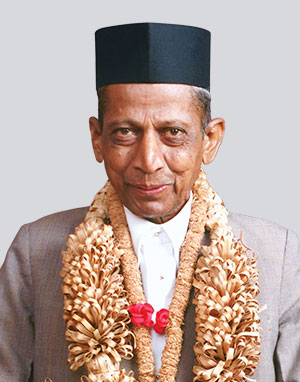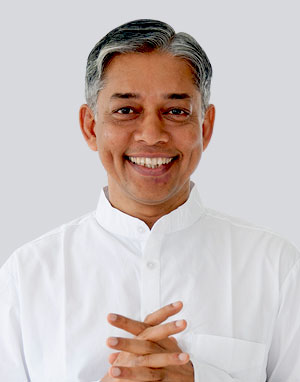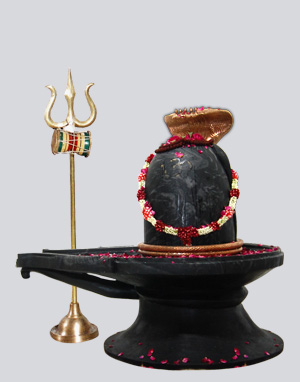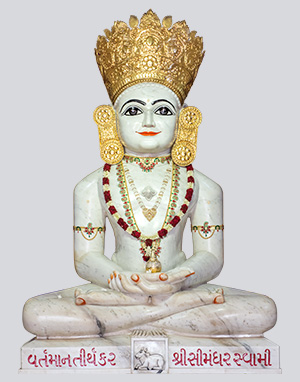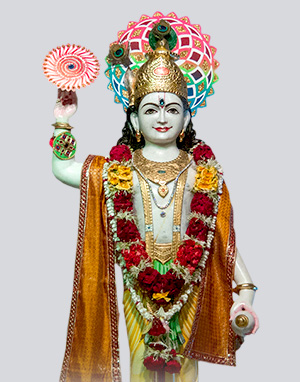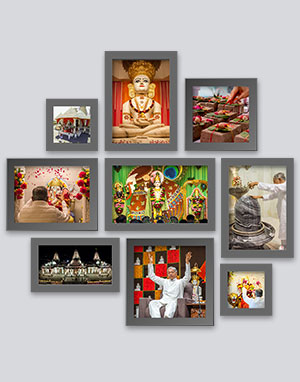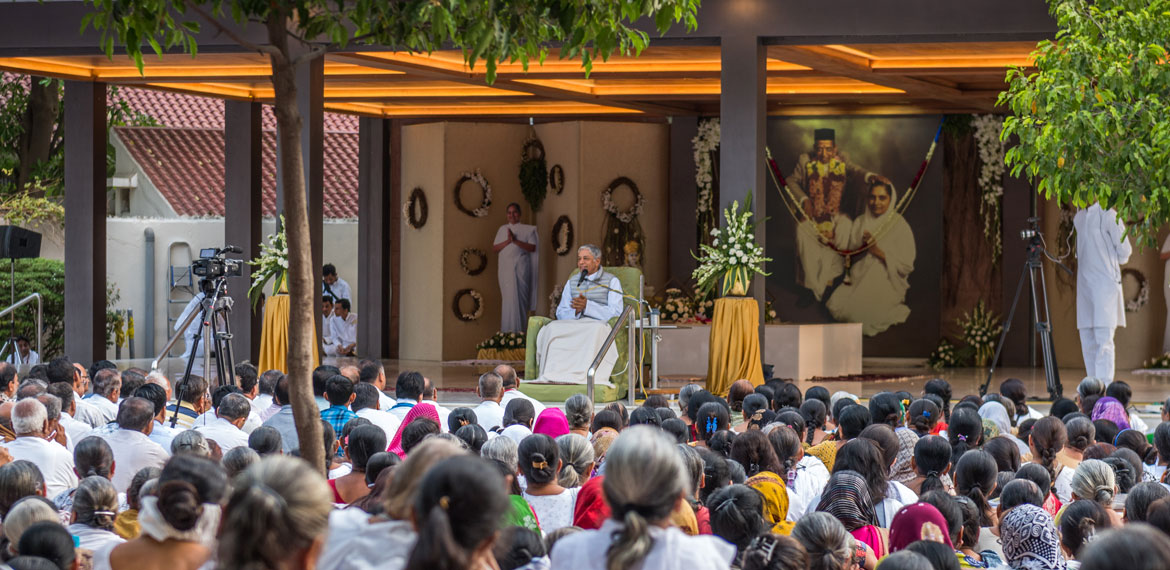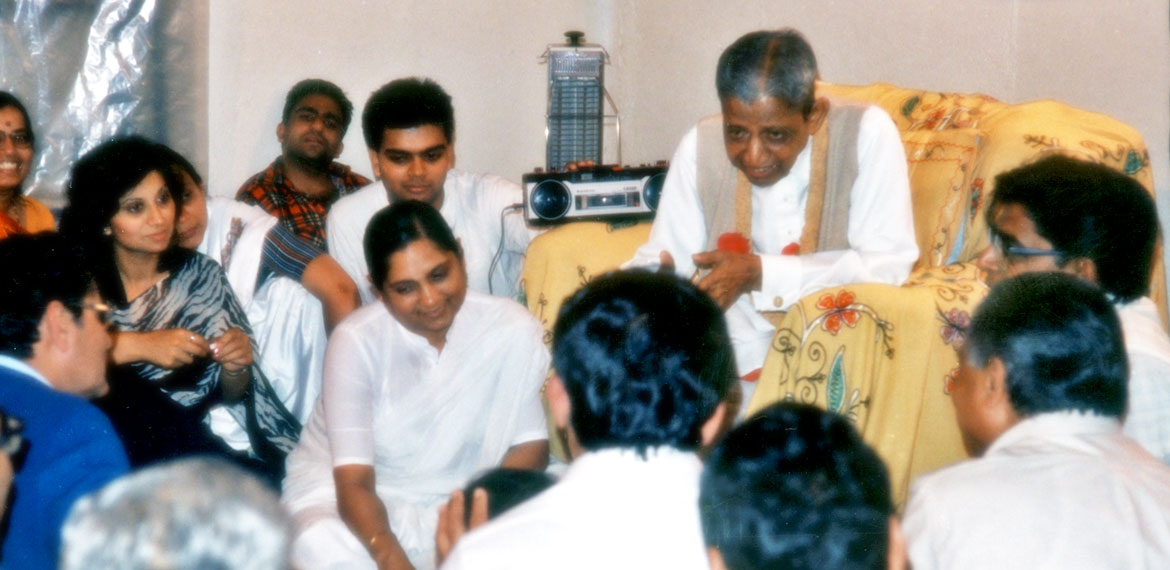The Meaning and Forms of Satsang
Satsang means the company of Atma (the Self). Param Pujya Dadashri explained a deeper meaning behind satsang and described its various forms:
- When people read scriptures, it is considered satsang.
- The company of a Sat Purush (Enlightened Being) or a Sant Purush (Saint) is also considered satsang.
- The company of a Gnani Purush (embodiment of Self-knowledge) is satsang, and attaining the company of a Vitarag Lord (Omniscient and fully-Enlightened Being) is the ultimate satsang.
The Benefits of Satsang
When asked, “What, then, is the reason to attend satsang?”
Param Pujya Dadashri replied:
“‘Sat' means the Ultimate Truth of the Self, and ‘sang’ means company. The power of sang lies in that, the more people in attendance, the greater the energy of the group will be, and the more the Self becomes settled and still.”
He continued, “Due to satsang, your vision, speech, and even your thoughts will be elevated.”
Dadashri concluded, “By remaining in satsang, your stock of inner impurities empties…and your karmic burden lightens; your jagruti (spiritual awareness) also increases tremendously. Even if you do not do anything, changes occur within. Simply by immersing yourself in satsang, your spiritual progress occurs automatically. An hour of satsang has tremendous value.”
Paramahansa Satsang
Param Pujya Dadashri described satsang of relative religion to be ‘Hansa ni Sabha’ (gathering of swans). In such satsangs, good and bad are distinguished, and one is guided towards being good increasingly. He praised those attending such satsangs, saying that they will attain eventual liberation.
Param Pujya Dadashri then explained the significance of satsang with a Gnani Purush, saying:
“A Gnani Purush is a manifestation of ‘Sat’, and therefore, the company of a Gnani Purush is considered ‘satsang’. A Gnani Purush can also be called ‘Mokshadata Purush’ (the Liberating One).”
Param Pujya Dadashri elaborated further:
“A Gnani Purush’s satsang can be referred to as ‘Paramahansa’ (gathering of an Ultimate Swan). Mythologically, swans separate water and milk with their beaks. Therefore, in a spiritual context, ‘Paramahansa’ refers to ‘One who is able to separate the Self from the non-Self.’ A Gnani Purush is such a One. His company is considered the gathering of Paramhansa.”








